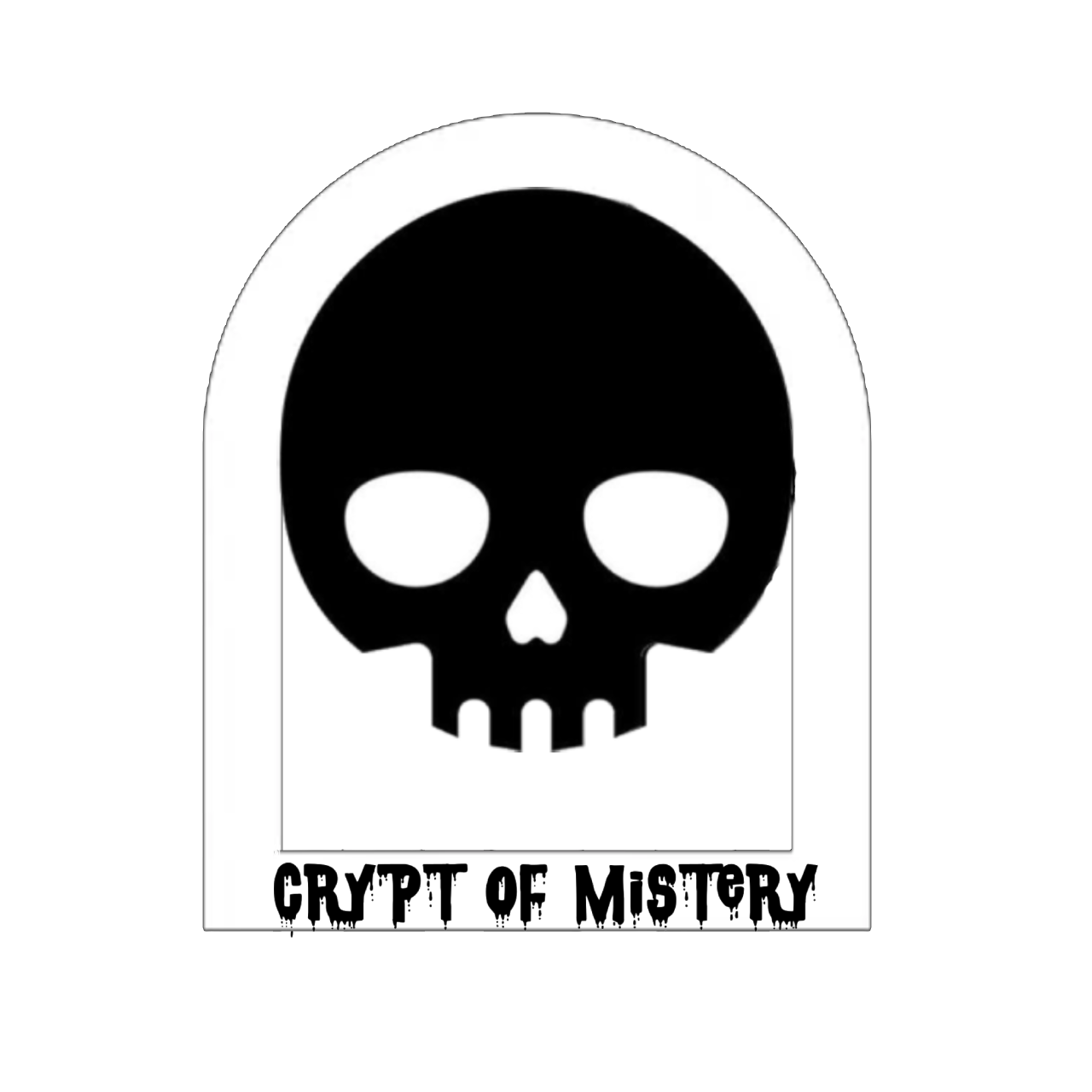Project MKUltra is a dark chapter in the history of the United States, a secret mind control program conducted by the Central Intelligence Agency (CIA) during the Cold War era. The program aimed to develop techniques to manipulate human behavior and control the minds of individuals through various experiments. The significance of discussing Project MKUltra lies in its violation of ethical boundaries, lack of informed consent, and the long-lasting impact it had on the victims. By shedding light on this covert operation, we can better understand the lengths to which governments are willing to go in the pursuit of power and control.
Key Takeaways
- Project MKUltra was a CIA program aimed at developing mind control techniques during the Cold War.
- The program involved secret experiments on human subjects, including the use of drugs, hypnosis, and torture.
- Many victims of Project MKUltra suffered long-lasting psychological damage, and their stories have only recently come to light.
- The legacy of Project MKUltra can be seen in modern society, from the use of torture in interrogations to the widespread use of psychiatric drugs.
- The ethics of mind control remain a controversial topic, with some arguing that it can be used for good while others see it as a violation of human rights.
The Origins of Project MKUltra: A Brief History of the CIA’s Mind Control Program
During the Cold War, there was intense competition between the United States and the Soviet Union for military and technological superiority. The CIA became interested in mind control as a means to gain an advantage over their adversaries. In 1953, Project MKUltra was officially launched with the goal of developing techniques to manipulate human behavior and extract information from individuals through various means, including drugs, hypnosis, and psychological torture.
The creation of Project MKUltra was spearheaded by Sidney Gottlieb, a chemist who headed the CIA’s Technical Services Staff. Gottlieb recruited a team of scientists, psychologists, and other experts to conduct experiments under the program. These experiments were conducted both domestically and abroad, often without the knowledge or consent of the subjects involved.
The CIA’s Secret Experiments: Uncovering the Dark Truths of Project MKUltra
Under Project MKUltra, a wide range of experiments were conducted on unwitting subjects. These experiments included administering drugs such as LSD and other hallucinogens, electroconvulsive therapy (ECT), sensory deprivation, hypnosis, and psychological torture techniques. The goal was to find ways to control human behavior and create “mind-controlled” individuals who could be used for espionage or other covert operations.
One of the most notorious aspects of Project MKUltra was the lack of informed consent and the ethical concerns surrounding the experiments. Many of the subjects were unaware that they were being used as guinea pigs and were subjected to extreme physical and psychological trauma. The experiments violated basic human rights and ethical principles, causing immense suffering to those involved.
The discovery and exposure of Project MKUltra came about through a series of events. In 1973, the director of the CIA ordered all MKUltra files to be destroyed, but some documents survived and were later discovered by investigative journalists. In 1975, the U.S. Senate held hearings on intelligence activities, including Project MKUltra, which brought the program to public attention. The revelations shocked the nation and led to calls for greater transparency and accountability in government operations.
The Methods of Mind Control: How the CIA Manipulated Human Behavior
| Method | Description | Effectiveness |
|---|---|---|
| Hypnosis | Inducing a trance-like state to gain control over an individual’s thoughts and actions. | Varies depending on susceptibility of individual. |
| Drugs | Administering mind-altering substances to weaken an individual’s resistance and increase suggestibility. | Effective in short-term, but can have long-term negative effects. |
| Psychological Torture | Using extreme stress and trauma to break an individual’s will and force compliance. | Effective in some cases, but can lead to long-term psychological damage. |
| Propaganda | Using media and messaging to shape an individual’s beliefs and opinions. | Effective in influencing large groups of people. |
| Brainwashing | Using a combination of methods to completely alter an individual’s beliefs and values. | Effective in some cases, but can be difficult to achieve. |
Project MKUltra employed a variety of techniques to manipulate human behavior. One such technique was the administration of drugs, particularly LSD. The CIA believed that LSD could be used as a truth serum or as a means to create a state of suggestibility in individuals. However, the effects of LSD were unpredictable, and many subjects experienced severe psychological distress as a result.
Other methods used in Project MKUltra included hypnosis, sensory deprivation, and psychological torture techniques. These methods aimed to break down an individual’s sense of self and create a state of extreme vulnerability, making them more susceptible to manipulation. While some experiments were successful in achieving temporary control over subjects, many others failed or had unintended consequences.
The long-term effects on the subjects of Project MKUltra were devastating. Many experienced severe psychological trauma, including anxiety, depression, paranoia, and post-traumatic stress disorder (PTSD). Some individuals never fully recovered from their experiences and struggled with mental health issues for the rest of their lives.
The Victims of Project MKUltra: The Untold Stories of Those Who Suffered
The stories of the victims of Project MKUltra are often untold and unrecognized. These individuals were subjected to unimaginable horrors in the name of national security. Their lives were forever changed, and many suffered in silence, unable to speak out about their experiences due to fear or shame.
Personal accounts from survivors shed light on the immense suffering they endured. One such survivor, Linda MacDonald, was subjected to electroconvulsive therapy and LSD experiments as a child. She described the long-lasting effects of the experiments, including memory loss, nightmares, and a deep sense of mistrust. Another survivor, Frank Olson, was unknowingly given LSD and subsequently died under mysterious circumstances. His family fought for years to uncover the truth about his death and seek justice.
Despite their courage in coming forward, many victims of Project MKUltra have not received recognition or compensation for their suffering. Their stories serve as a reminder of the need for accountability and justice for those who have been harmed by government programs.
The Legacy of Project MKUltra: How the CIA’s Mind Control Program Shaped Modern Society

The legacy of Project MKUltra extends far beyond its immediate victims. The program has had a profound impact on popular culture and has given rise to numerous conspiracy theories. Films, books, and television shows often draw inspiration from the idea of mind control and government manipulation.
Furthermore, Project MKUltra has influenced government policies and regulations regarding human experimentation. The revelations about the program led to increased scrutiny and oversight of intelligence agencies’ activities. Laws were enacted to protect human subjects in research, requiring informed consent and ethical guidelines.
However, the legacy of Project MKUltra also serves as a cautionary tale about the dangers of unchecked government power. It highlights the need for transparency, accountability, and respect for human rights in all aspects of governance.
The Ethics of Mind Control: The Controversial Debate Surrounding Project MKUltra
The ethical implications of mind control are a subject of intense debate. On one hand, proponents argue that mind control techniques could be used for noble purposes, such as treating mental illness or preventing acts of violence. They believe that if used responsibly and with proper safeguards, mind control could be a valuable tool in improving society.
On the other hand, critics argue that mind control techniques are inherently unethical and violate basic human rights. They believe that the potential for abuse and manipulation far outweighs any potential benefits. The lack of informed consent and the extreme suffering experienced by the victims of Project MKUltra serve as stark reminders of the dangers of such practices.
Current regulations and guidelines on human experimentation reflect this ongoing debate. While there are strict guidelines in place to protect human subjects, there is still a need for ongoing discussion and evaluation of the ethical implications of mind control techniques.
The Role of LSD in Project MKUltra: How the CIA Used Psychedelics to Control Minds
LSD played a significant role in Project MKUltra. The CIA believed that LSD could be used to create a state of suggestibility in individuals and make them more susceptible to manipulation. The drug was administered to subjects without their knowledge or consent, often leading to severe psychological distress.
The effects of LSD on the subjects varied widely. Some experienced hallucinations, paranoia, and extreme anxiety, while others had mystical or transcendent experiences. However, the long-term effects of LSD on the subjects were often negative, leading to psychological trauma and lasting mental health issues.
The use of psychedelics in mind control experiments remains highly controversial. While some researchers believe that psychedelics have therapeutic potential when used responsibly and under controlled conditions, others argue that their use in mind control is inherently unethical.
The Cover-Up of Project MKUltra: How the CIA Concealed Its Mind Control Experiments
The CIA went to great lengths to conceal the existence of Project MKUltra and the nature of its experiments. In 1973, then-CIA Director Richard Helms ordered all MKUltra files to be destroyed, but some documents survived and were later discovered by investigative journalists.
The reasons for the cover-up are multifaceted. The CIA likely wanted to avoid public scrutiny and backlash for its unethical and illegal activities. Additionally, the revelations about Project MKUltra could have undermined public trust in the government and intelligence agencies.
The cover-up of Project MKUltra had a significant impact on public trust in the government. It reinforced existing suspicions about government secrecy and manipulation, leading to increased skepticism and conspiracy theories.
The Aftermath of Project MKUltra: How Survivors and Their Families Coped with the Trauma
The survivors of Project MKUltra and their families faced immense challenges in coping with the trauma inflicted upon them. Many struggled with mental health issues, including anxiety, depression, and PTSD. Some experienced difficulties in forming trusting relationships or maintaining stable employment.
Unfortunately, survivors of Project MKUltra have often been denied recognition and compensation for their suffering. The government has been slow to acknowledge its role in these experiments and provide support to those affected.
In recent years, there have been efforts to raise awareness about Project MKUltra and seek justice for the victims. Survivors and their families have come together to share their stories, advocate for recognition, and demand accountability from the government.
The Lessons Learned from Project MKUltra: How We Can Prevent Future Human Rights Abuses
Project MKUltra serves as a stark reminder of the dangers of unchecked government power and the need for transparency and accountability. It highlights the importance of learning from past mistakes to prevent future human rights abuses.
Current regulations and guidelines on human experimentation reflect the lessons learned from Project MKUltra. There are strict ethical guidelines in place to protect human subjects, including informed consent, independent oversight, and safeguards against harm.
However, there is still a need for ongoing vigilance and evaluation of government programs to ensure that they do not violate basic human rights. The lessons learned from Project MKUltra should serve as a call to action for accountability and transparency in all aspects of governance.
Project MKUltra was a dark and disturbing chapter in the history of the United States. The program’s unethical experiments and lack of informed consent violated basic human rights and caused immense suffering to its victims. By discussing Project MKUltra, we can better understand the lengths to which governments are willing to go in the pursuit of power and control.
The legacy of Project MKUltra extends far beyond its immediate victims. It has shaped popular culture, influenced government policies, and sparked ongoing debates about the ethics of mind control. The lessons learned from Project MKUltra should serve as a reminder of the need for transparency, accountability, and respect for human rights in all aspects of governance. Only by learning from past mistakes can we prevent future human rights abuses and create a more just and ethical society.
FAQs
What is Project MKUltra?
Project MKUltra was a top-secret CIA program that aimed to develop mind control techniques through the use of drugs, hypnosis, and other methods.
When did Project MKUltra take place?
Project MKUltra was conducted from the early 1950s to the mid-1970s.
Why was Project MKUltra created?
Project MKUltra was created in response to the perceived threat of mind control by foreign powers during the Cold War.
What were the goals of Project MKUltra?
The goals of Project MKUltra were to develop mind control techniques, to create drugs that could be used for interrogation and torture, and to explore the potential use of mind control in espionage.
What methods were used in Project MKUltra?
The methods used in Project MKUltra included the administration of LSD and other drugs, hypnosis, sensory deprivation, and other forms of psychological manipulation.
Were there any ethical concerns with Project MKUltra?
Yes, there were many ethical concerns with Project MKUltra, including the use of human subjects without their knowledge or consent, the potential for long-term psychological damage, and the lack of oversight and accountability.
What happened to Project MKUltra?
Project MKUltra was officially terminated in the 1970s after it was exposed by the media and investigated by Congress. However, some of the research and techniques developed under the program may have continued in secret.







